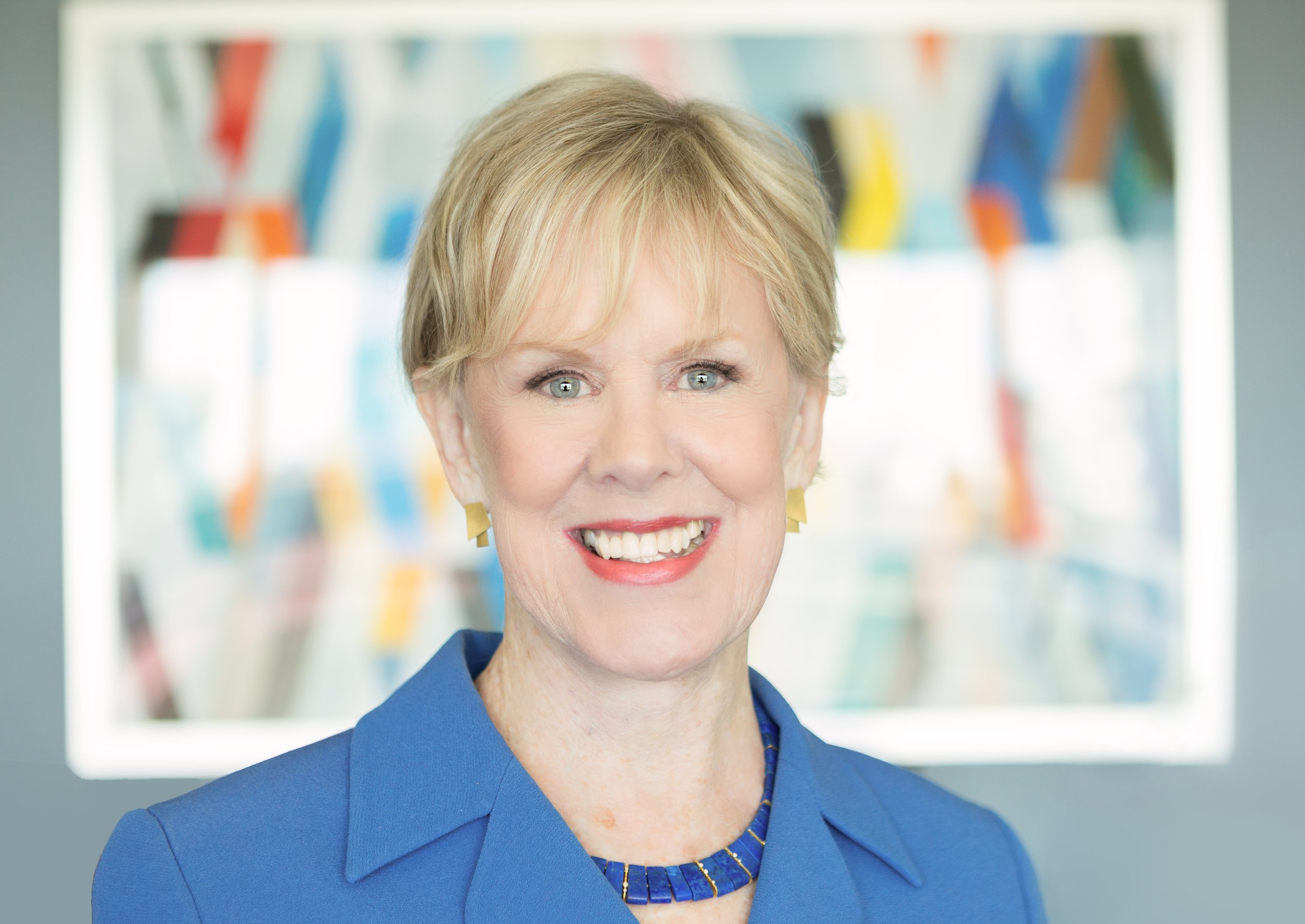Episode 199: Age and Possibility
/“I actually think that adulthood for women starts at 50. So I think these are the best not only career years, but life years, where I think women come into their own.”
Avivah wittenberg-cox
“I’ve started to notice that people will expect different things of me - like I’ve always been an edgy kind of person, but people tend to see me more as quite motherly, that I’ll be interested in their concerns.”
Ageism and sexism are sometimes described as a double-whammy that hits women later in life. Which is a bit worrying, because I’m 52 and wrapping up this show after a decade of production. Onto new things - I hope!
My first guest lives in New Zealand and recently got back into the workforce in her fifties after being out for more than a decade. It feels like that notorious double-whammy is hitting her, yet it’s impossible to truly measure. She wants people to know that many 50-plus women aren’t coasting on a sea of contentment and financial security.
Avivah Wittenberg-Cox agrees that ageism is rampant, but says we need to re-frame things if we’re going to improve life for older employees. And that starts with educating employers about the advantages of maintaining and engaging 50-plus workers, a group that includes more women than ever before.
It’s up to us to do our part as well, she says, including “recognizing that usually what got you here isn't going to get you through the next phase.” As usual she’s sprouting with ideas that I plan to use in my own next phase.
You can also read a transcript of the show.
Further reading: Here’s Avivah’s piece from Forbes on the Lisa LaFlamme firing and what companies have to gain by being age-inclusive.
And another one of hers: Want to Work Longer? Careful, Your Fifties Define Your Sixties, also from Forbes.
Avivah has appeared on several episodes over the years including Does Your Partner Support Your Success? and episode 41, Stop Fixing Women, Start Fixing Companies (audio missing from website but you’ll find the episode on the podcast feed).

